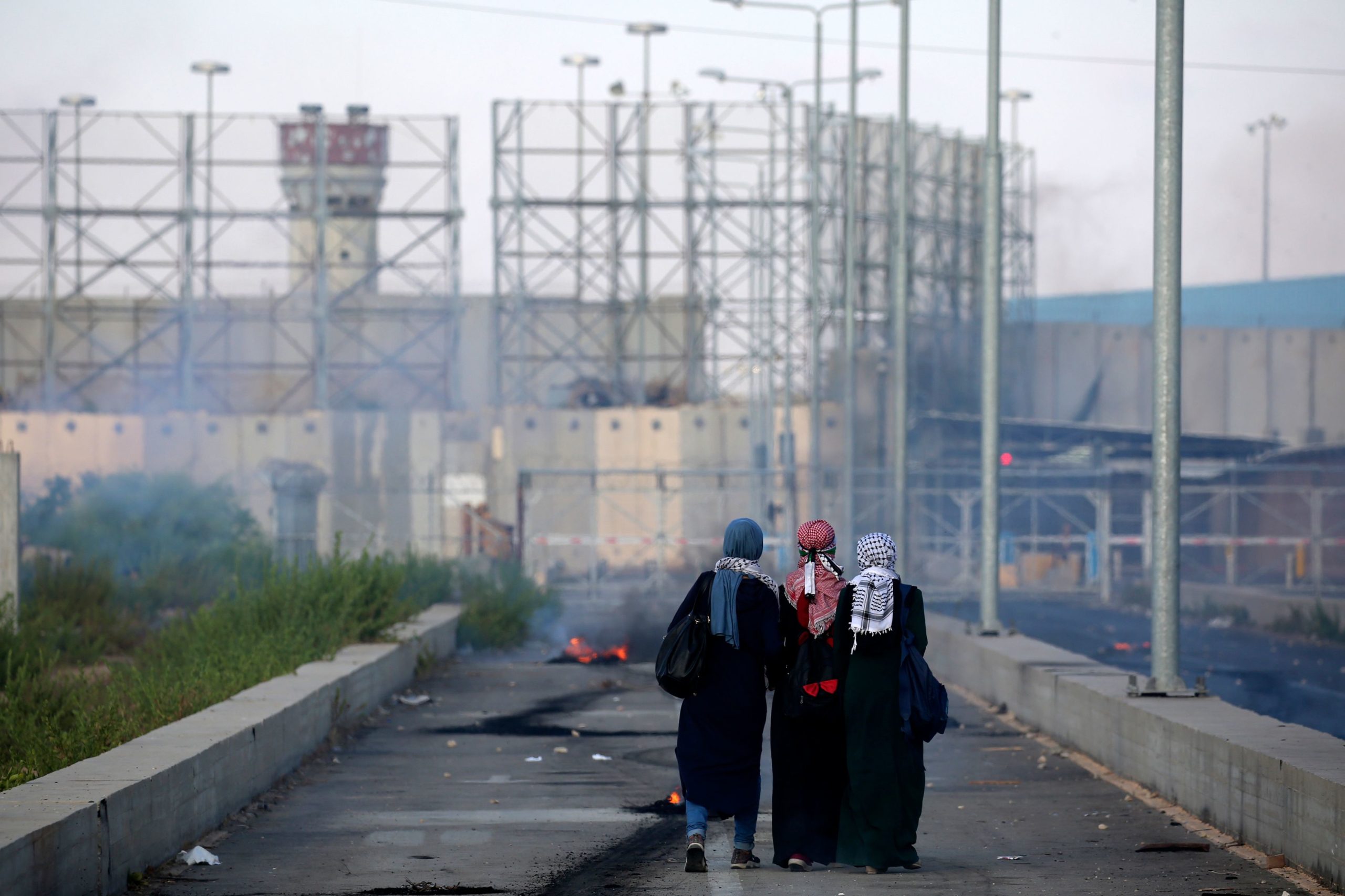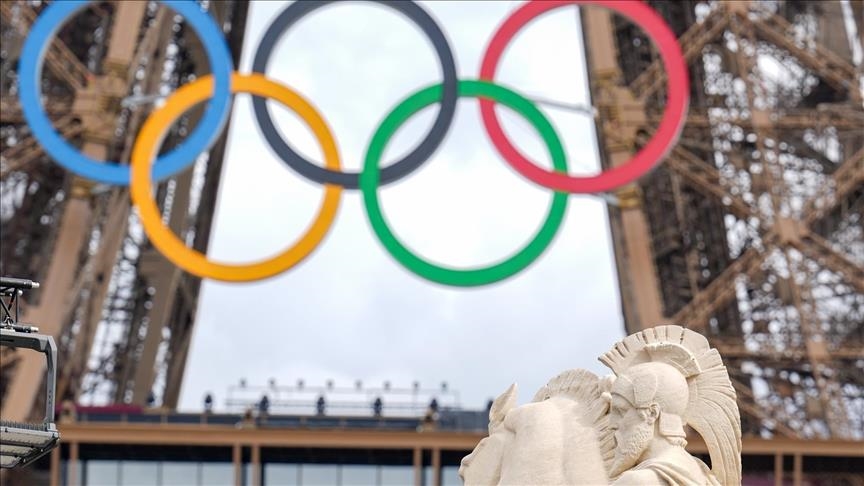(image credit: Getty Images)
For those who view sports as a universal language of peace, unity and fair play, the story of Palestinian athletics under Israeli apartheid reveals a sobering reality: sports can also be wielded as a weapon of oppression. The systematic targeting of Palestinian sports infrastructure, athletes and communities underscores how deeply institutionalized inequality shapes not only daily life but even the ability to play.
In Palestine, sports are far more than mere recreation; they are symbols of resilience, identity and hope in the face of occupation. However, Israeli policies have systematically undermined these symbols for decades. Football stadiums, which once served as vibrant arenas for competition and community gathering, have become deliberate targets. In Gaza, the Al Yarmouk Stadium was bombed, repurposed as a military detention and interrogation center, and finally destroyed. At the same time, Israeli settlement clubs continue to participate in national football and basketball leagues, even though those settlements operate on occupied land in violation of international law. This dual reality, where Palestinian athletes are denied basic rights while settler teams flourish, highlights how sports are being used as a tool of oppression. All indications are that these actions are not random but are part of a calculated effort to erode Palestinian social and cultural cohesion, making sports yet another battleground in the struggle for dignity and self-determination.
The complicity of international organizations like FIFA and the International Olympic Committee (IOC) exacerbates the problem. These governing bodies, which purport to uphold values of fairness and equality, have repeatedly failed to hold Israel accountable for its violations. FIFA, for instance, continues to allow Israeli settlement teams to participate in its leagues, despite their blatant violation of the Fourth Geneva Convention, which prohibits the exploitation of occupied land. FIFA’s own 2016 report, written by John Ruggie, urged the organization to align with the United Nations Guiding Principles on Business and Human Rights, which call for avoiding complicity in human rights abuses. Yet no meaningful action has been taken, even as civil society groups, human rights organizations, and members of various European parliaments have called for settlement clubs to be banned. Human Rights Watch has documented how those clubs contribute to the sustainability of illegal settlements, providing economic and recreational opportunities that bolster apartheid. FIFA’s refusal to enforce its own standards undermines its credibility as a global advocate for justice in sports.
The impact of Israeli apartheid on individual Palestinian athletes has been devastating. Over the years, dozens of players have been arrested, tortured or killed. Many have had their careers cut short after being shot in the legs by Israeli forces, a brutal act that seems designed to permanently disable those who dream of competing on the world stage. Movement restrictions further compound the issue, with military roadblocks, curfews, and the illegal separation wall making it nearly impossible for Palestinian teams to train, travel, or participate in international tournaments. Athletes are frequently denied permits to leave, and international players are often barred from entering Palestinian territories, isolating Palestinian sports from global competition.
This repression extends to sports infrastructure as well. In 2012, Israeli forces demolished a community center in Silwan that served as a hub for football teams and 300 children. Meanwhile, the blockade of Gaza and restrictions in the West Bank make importing basic sports equipment nearly impossible, leaving Palestinian athletes and coaches to work with outdated or inadequate resources. These targeted attacks are not incidental; they are undeniably part of a broader strategy to suppress Palestinian resilience and cultural identity.
Yet, despite these overwhelming challenges, Palestinian athletes and communities refuse to surrender. Football remains one of the most popular sports in Palestine and a powerful symbol of unity and defiance. Grassroots organizations and local leagues continue to thrive, often with minimal resources. The Palestinian Amputee Football Association, formed in Gaza in 2018, stands as a testament to this resilience. Most of its players are victims of sniper fire or military assaults, but their determination to compete on the field exemplifies the unyielding spirit of Palestinians.
International solidarity efforts have also played a crucial role in amplifying these stories. Campaigns around the world bring attention to the struggles of Palestinian athletes and apply pressure on governing bodies like FIFA to take action. Advocates argue that banning Israeli settlement clubs is a necessary first step, pointing to historical precedents such as the exclusion of apartheid South Africa from international sports. Supporting Palestinian sports initiatives directly, whether through donations to grassroots organizations or by raising awareness through documentaries like Forever Pure, provides much-needed resources and visibility.
The issue transcends sports; it is a microcosm of the broader global fight for equality, justice and self-determination. For Gen Z and Millennials, who are deeply invested in social justice, the suppression of Palestinian sports aligns with the broader struggle against systemic oppression. Advocates stress the need for governing bodies to uphold human rights standards, for grassroots support to sustain Palestinian athletes, and for public awareness campaigns to challenge the complicity of institutions.
The suppression of Palestinian sports is not just about games; it is a fight for survival, dignity and identity. The global community has the power to amplify these voices, hold complicit organizations accountable, and demand that sports live up to their promise as a universal language of peace and fair play. For Palestinians, sports are more than recreation—they are a fight for existence. By standing with them, we affirm the principles of justice and equality that resonate across generations and borders.






